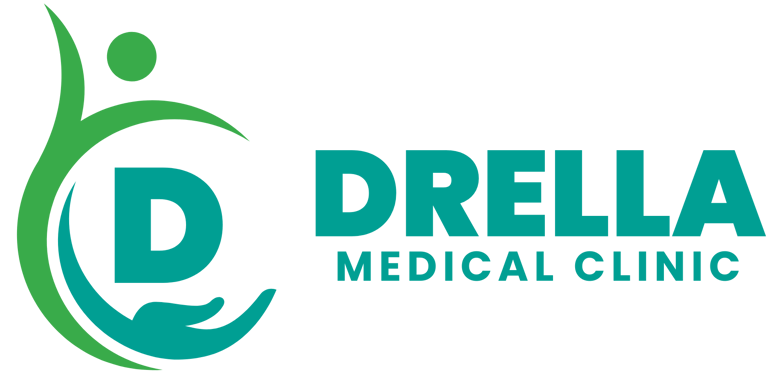The Importance of Regular Check-ups for Hypertension Management
7/18/20251 min read


Understanding Hypertension
Hypertension, commonly known as high blood pressure, is a critical health issue that affects millions worldwide. It often goes unnoticed until it leads to serious health complications such as heart disease, stroke, or kidney problems. This condition is often termed the 'silent killer' because it may not show clear symptoms until significant damage has occurred. To combat this growing public health crisis, understanding hypertension is essential.
The Role of Regular Check-ups
Regular check-ups play a pivotal role in the early detection and management of hypertension. During these visits, healthcare professionals can monitor blood pressure levels, assess overall health, and identify risk factors that may contribute to developing high blood pressure. Furthermore, regular monitoring helps in adjusting treatment plans as necessary, ensuring effective blood pressure management.
Benefits of Keeping a Regular Check-up Schedule
Staying proactive about your health by scheduling regular check-ups can lead to numerous benefits. First and foremost, early detection of hypertension can significantly lower the risk of cardiovascular events. Additionally, frequent visits to your healthcare provider allow for timely discussions on lifestyle changes, medication adjustments, and adherence to treatment plans.
Moreover, regular check-ups provide an opportunity for individuals to engage in meaningful conversations about their blood pressure management strategies. Patients can ask questions about their condition, discuss potential side effects of medications, and explore alternative therapies, thus empowering them to take charge of their health.
Incorporating regular check-ups into your health routine also fosters a relationship with your healthcare provider, leading to a better understanding of your individual health needs. This partnership can contribute to more personalized care and improved health outcomes.
In conclusion, hypertension is a serious health concern that requires diligent monitoring and management. Regular check-ups are an indispensable tool in the fight against high blood pressure. By prioritizing these visits, you not only enhance your understanding of hypertension but also actively participate in bettering your health outcomes.


Understanding Hypertension
Hypertension, commonly known as high blood pressure, is a critical health issue that affects millions worldwide. It often goes unnoticed until it leads to serious health complications such as heart disease, stroke, or kidney problems. This condition is often termed the 'silent killer' because it may not show clear symptoms until significant damage has occurred. To combat this growing public health crisis, understanding hypertension is essential.
The Role of Regular Check-ups
Regular check-ups play a pivotal role in the early detection and management of hypertension. During these visits, healthcare professionals can monitor blood pressure levels, assess overall health, and identify risk factors that may contribute to developing high blood pressure. Furthermore, regular monitoring helps in adjusting treatment plans as necessary, ensuring effective blood pressure management.
Benefits of Keeping a Regular Check-up Schedule
Staying proactive about your health by scheduling regular check-ups can lead to numerous benefits. First and foremost, early detection of hypertension can significantly lower the risk of cardiovascular events. Additionally, frequent visits to your healthcare provider allow for timely discussions on lifestyle changes, medication adjustments, and adherence to treatment plans.
Moreover, regular check-ups provide an opportunity for individuals to engage in meaningful conversations about their blood pressure management strategies. Patients can ask questions about their condition, discuss potential side effects of medications, and explore alternative therapies, thus empowering them to take charge of their health.
Incorporating regular check-ups into your health routine also fosters a relationship with your healthcare provider, leading to a better understanding of your individual health needs. This partnership can contribute to more personalized care and improved health outcomes.
In conclusion, hypertension is a serious health concern that requires diligent monitoring and management. Regular check-ups are an indispensable tool in the fight against high blood pressure. By prioritizing these visits, you not only enhance your understanding of hypertension but also actively participate in bettering your health outcomes.
